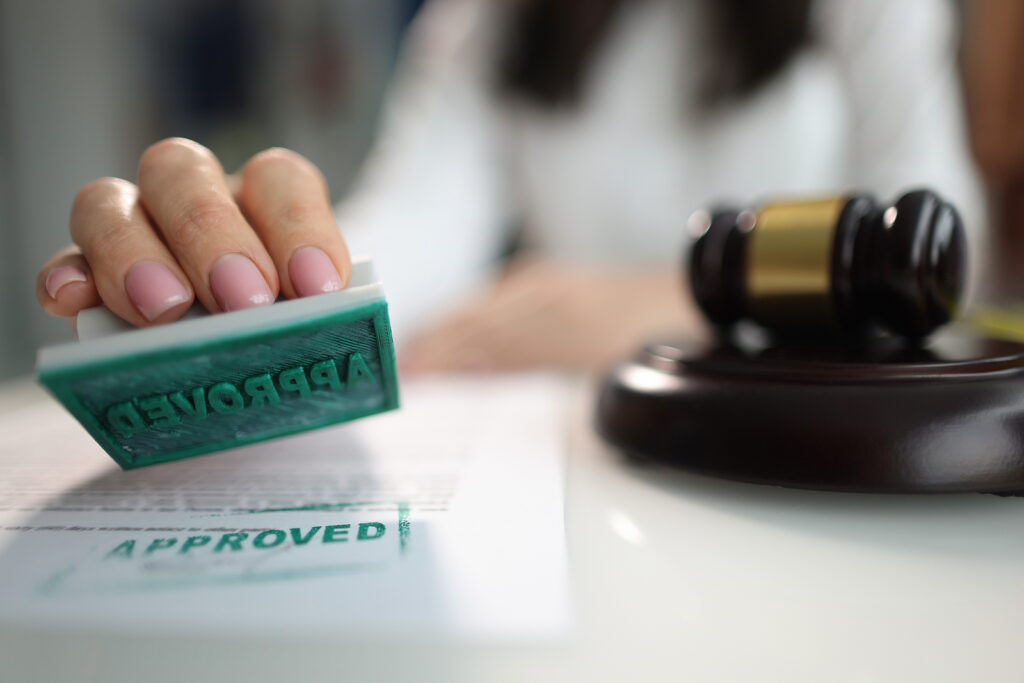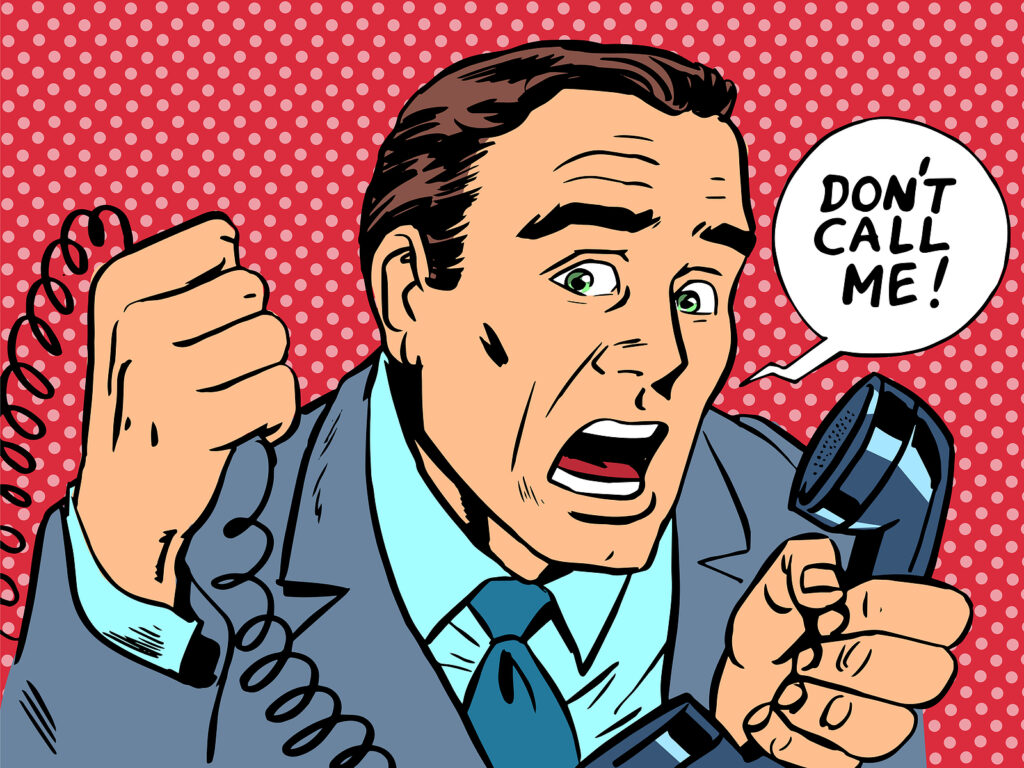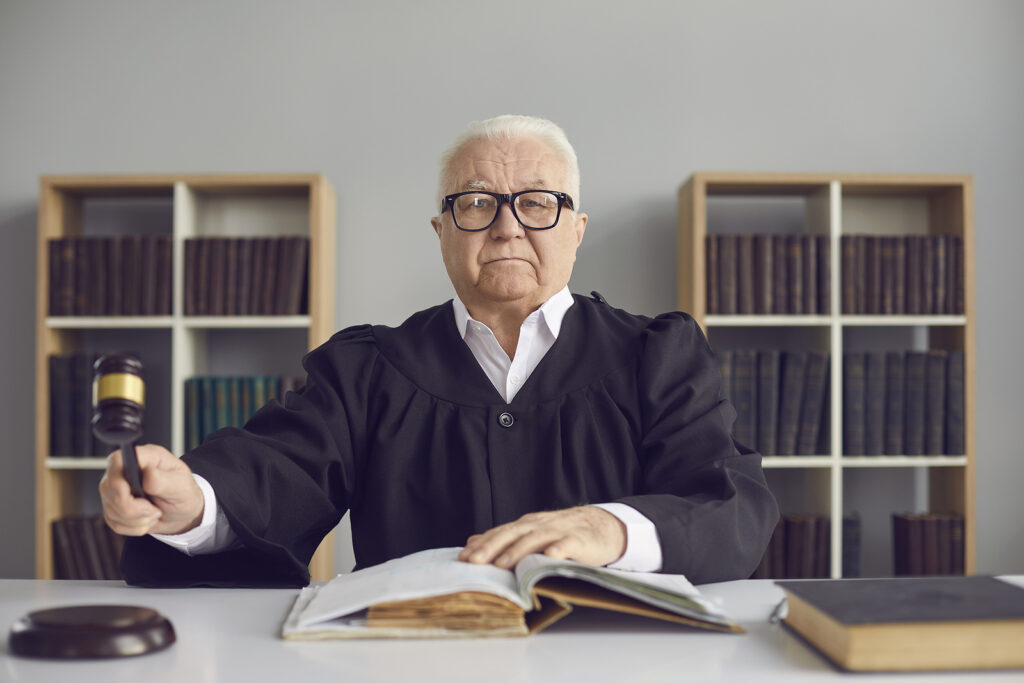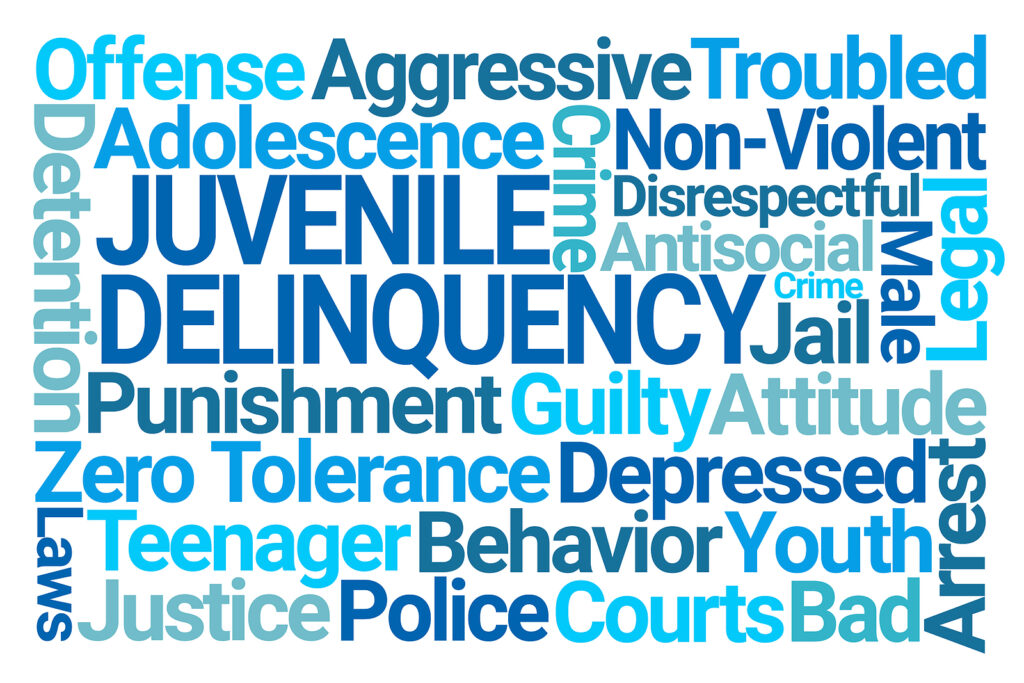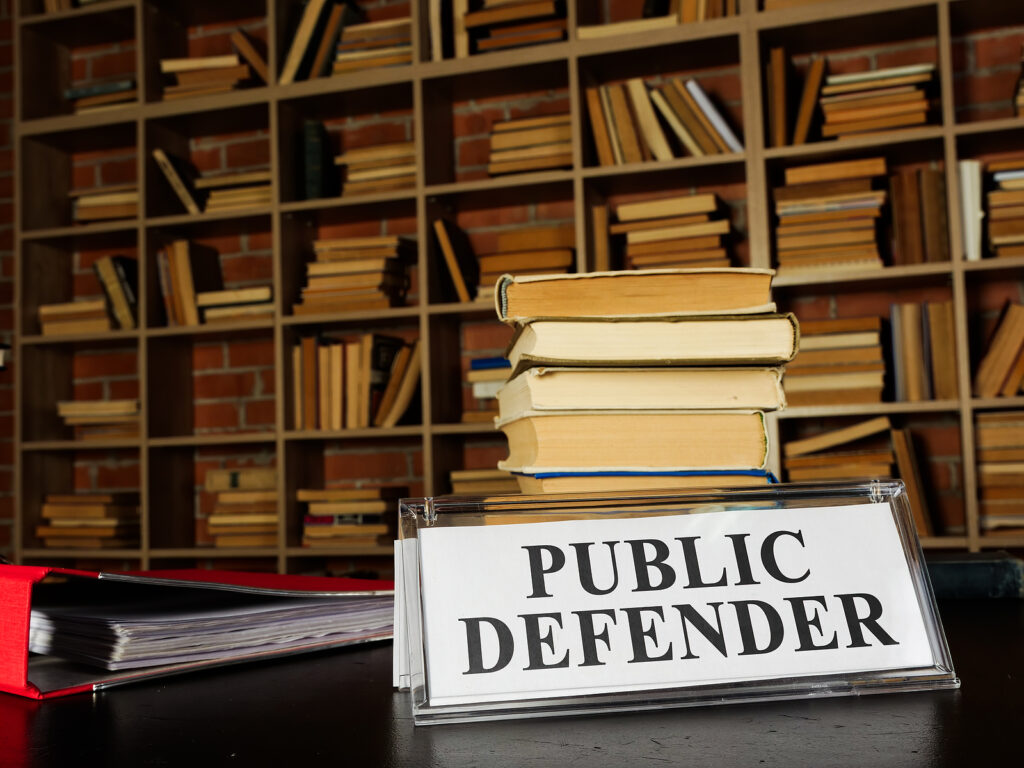Law enforcement can certainly be intimidating. Even if you are compelled to oblige by all their commands and requests, do you legally have to? This is a common conundrum for those who are faced with a search warrant at home. Are you required under law to let the police inside your house if they have a search warrant? What might happen if you refuse? Do you have the right to refuse and later appeal a search warrant in court?
Continue reading to learn what you should do if the cops show up at your place of residence with a valid search warrant signed by a judge or magistrate.
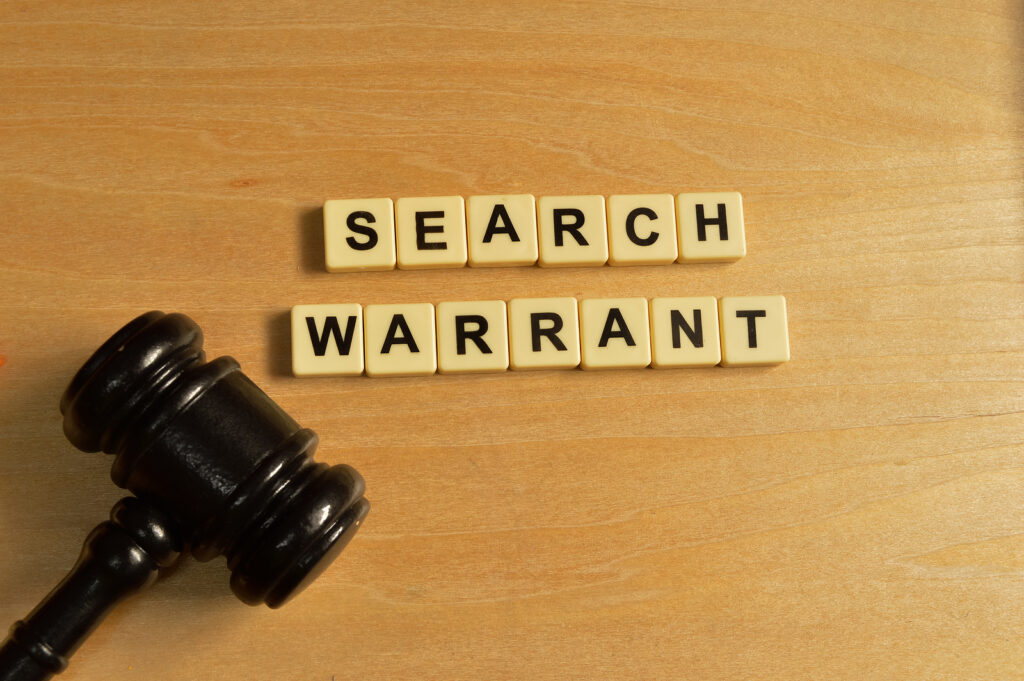
Search Warrant Facts
In order to get a search warrant, police must submit an affidavit to a judge explaining in great detail the property to be searched, what they are looking for within the property, which property they intend to seize, which type of crime is related to the location of the search, and more. Upon approval of probable cause, a judge will sign a search warrant, which is a court order giving law enforcement authority to explore whatever property stated within the warrant decree.
Any property or areas of the home that are not specifically listed in the search warrant cannot be legally searched by police. However, there is an exception to this rule. It is known as the plain view doctrine. Basically, if something illegal is in plain sight during the process of executing a search warrant, police can further investigate that area under reasonable suspicion.
Police may have a court order to search vehicles, homes, computers, cell phones, storage units, sheds, barns, greenhouses, safes, and more. Once approved and signed by a judge, police have ten days to execute a search warrant, and they can choose to execute a search warrant any time of day or night, including times they know the property will be vacant or unsupervised.
You see, one important fact you need to know about search warrants is that most of them give police permission to search the property without the owner’s permission. Some will have a “knock and announce” rule, but most judges eliminate this rule these days. Even with the rule, there are exceptions.
So, what does all this mean for you if police show up to your home with a search warrant signed by judge? It means that you must comply or else face additional legal consequences.
Consequences of Obstructing a Search Warrant
There are serious consequences that come with obstructing a search warrant. Most often, those who refuse to allow police to come inside their home or behave in a way that is disruptive to the execution of a search warrant, can be arrested for criminal offenses like disorderly conduct, obstruction of due process, contempt of court, and much more.
If this has happened to you recently, or if you are dealing with any type of arrest or bench warrant, it is important to retain a licensed Indiana criminal defense attorney who can fight your charges and help you avoid the maximum penalties you are facing.
Are you facing criminal charges or an arrest warrant? Contact Attorney David E. Lewis at 317-636-7514 to speak with a seasoned criminal defense lawyer in Indianapolis, Indiana. Our legal team can help you obtain the best possible outcome to your criminal matters!
Related Posts:
What to Do if You Just Found Out About Your Arrest Warrant
The Difference Between Arrest Warrants and Bench Warrants
The 3 Elements of a Valid Search Warrant

